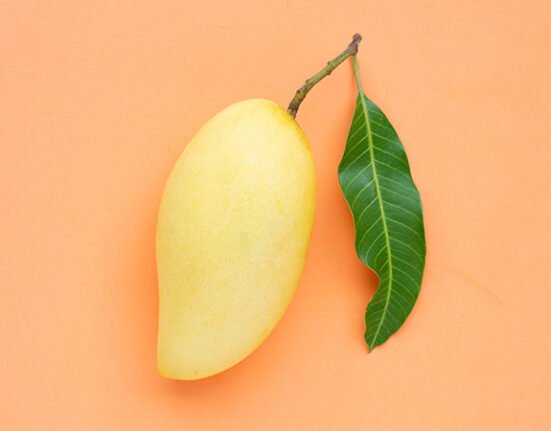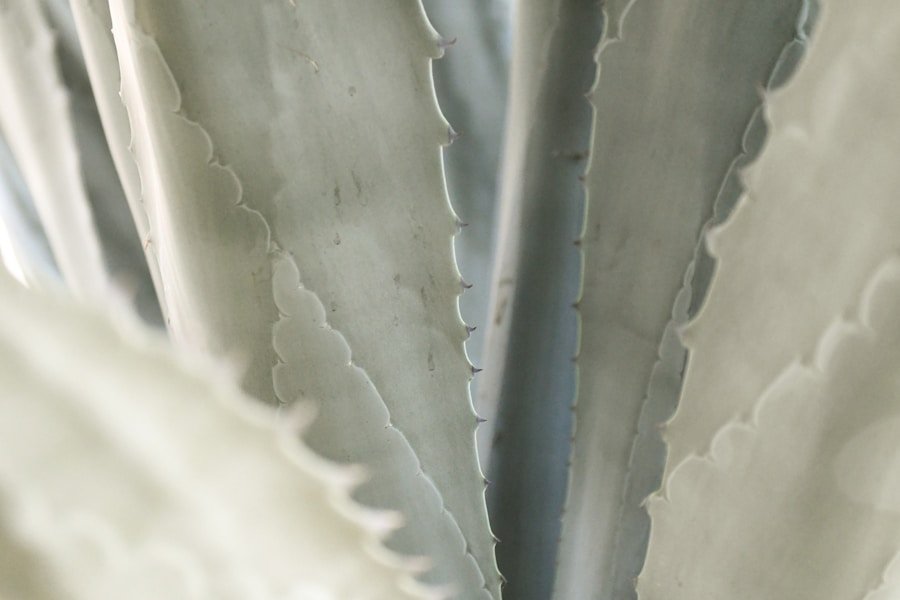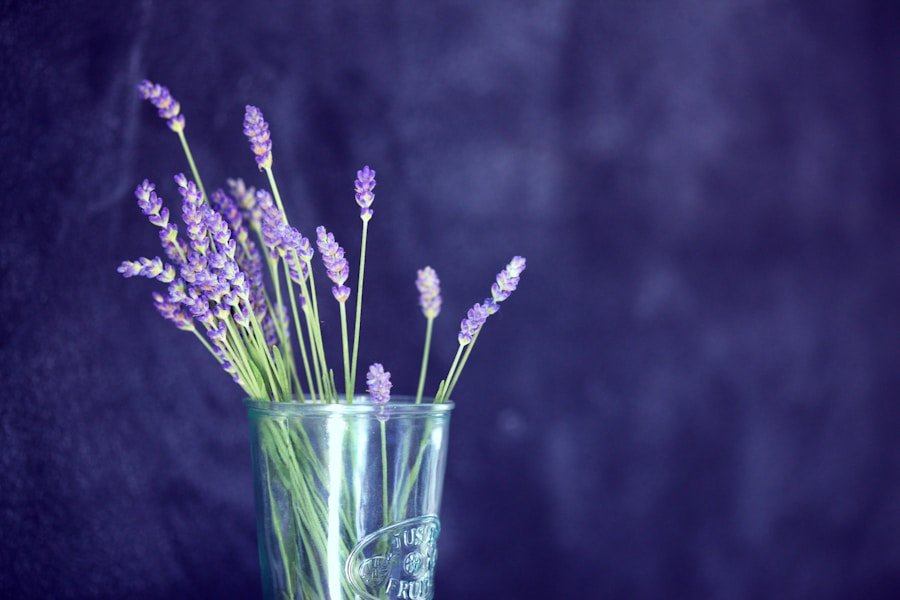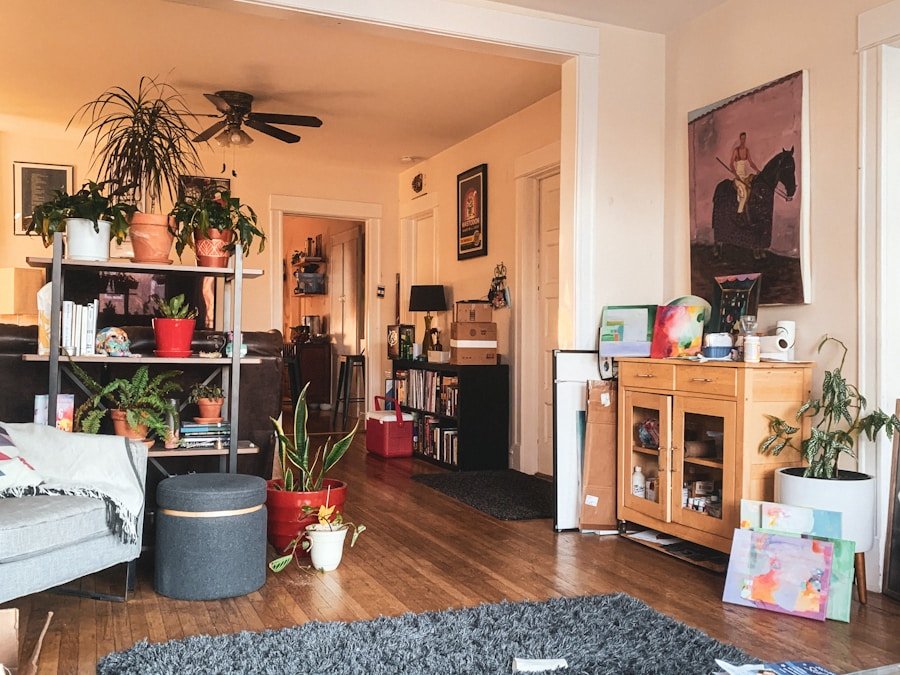Flower Therapy: Harnessing the Emotional Benefits of Nature’s Gifts
Flower therapy, also referred to as floral therapy or flower essence therapy, is a holistic healing approach that leverages the emotional benefits of flowers. This practice is grounded in the belief that flowers possess the ability to heal and uplift emotions, thereby promoting balance and harmony in mental and emotional well-being. With a history spanning












